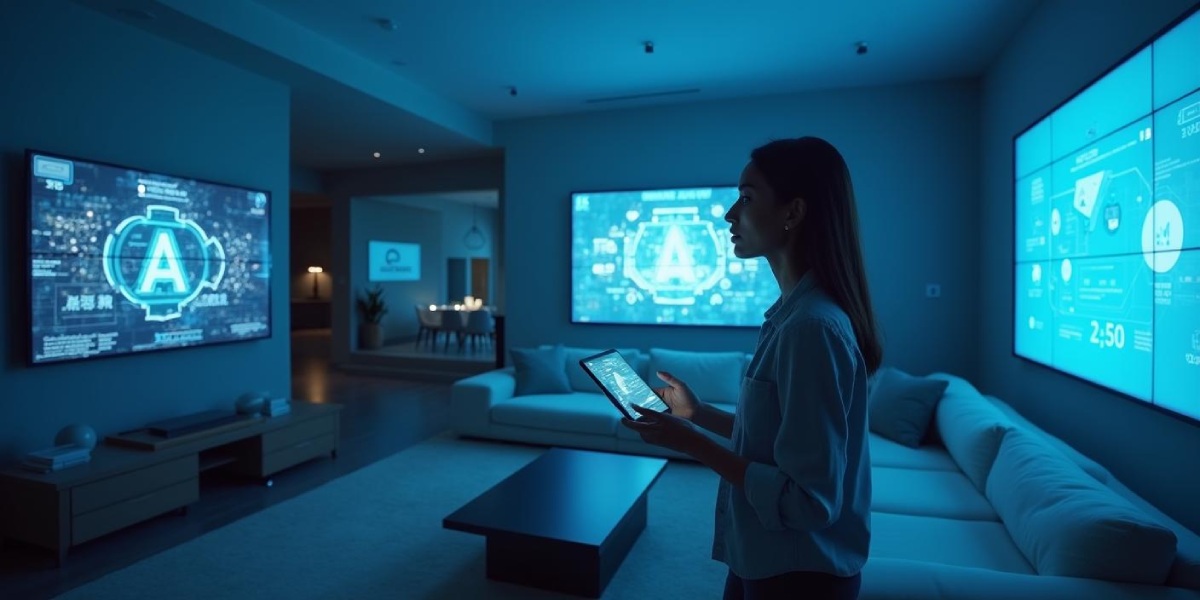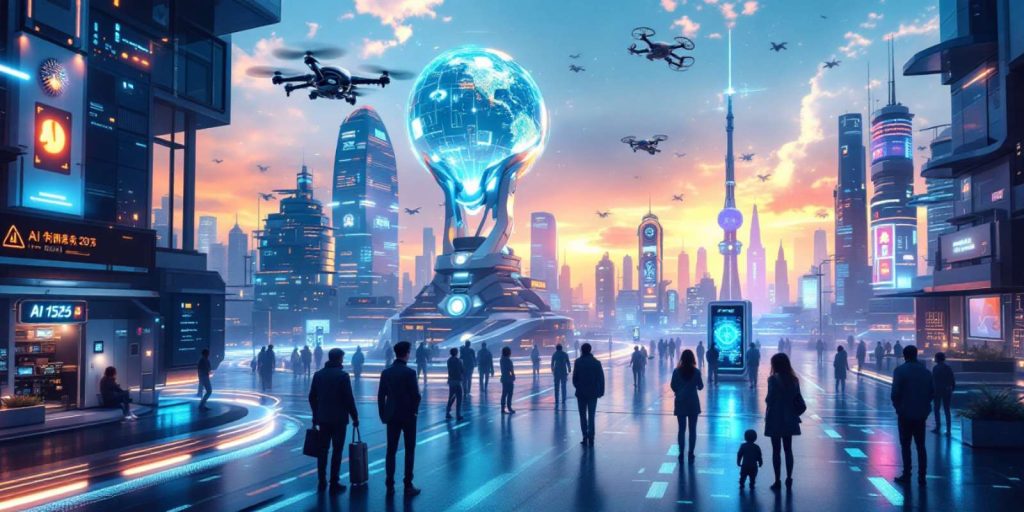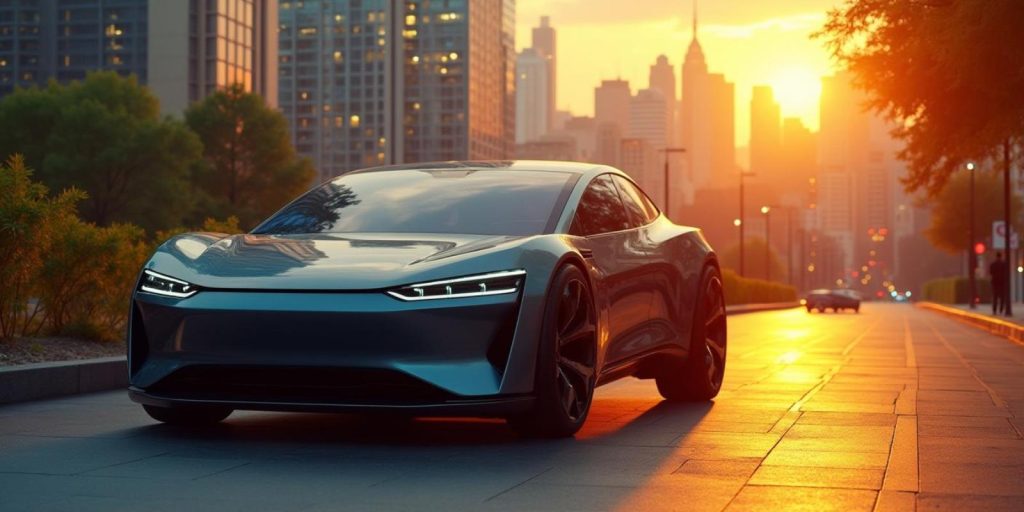The Rise of AI-Powered Home Assistants
As we move further into the 21st century, the integration of technology into our daily lives is more profound than ever. Smart homes are at the forefront of this evolution, redefining how we live, interact, and manage our living spaces. This article explores the transformative trends shaping the future of smart homes and the role of advanced technologies in creating sustainable, connected living environments.
AI-powered home assistants are becoming increasingly intuitive, with advancements enabling seamless interaction. By understanding user preferences and routines, these systems enhance convenience and efficiency. As technology evolves, home assistants will become central to smart home ecosystems, integrating with other devices to create a cohesive experience. These assistants will also adapt to users over time, improving their ability to anticipate needs and respond intelligently.
Energy Efficiency Through Smart Solutions
Smart home technologies are paving the way for greener living by optimizing energy usage. Devices like smart thermostats and energy monitors ensure minimal wastage, lowering both costs and environmental impact. The future of technology in homes will likely focus heavily on sustainable and energy-efficient innovations. These systems will also integrate renewable energy sources, such as solar panels, making energy management smarter and more sustainable.
Enhanced Security with IoT
The Internet of Things (IoT) has revolutionized home security, offering solutions like smart locks, cameras, and motion sensors. These devices provide real-time alerts and remote access, ensuring safety like never before. With technology advancements, security systems will become even more robust and user-friendly. Advanced AI algorithms will help detect and respond to threats faster, creating a proactive approach to home security.
Personalized Living Spaces
Smart homes of the future will cater to individual needs, offering personalized environments. From lighting and temperature to entertainment systems, everything will adapt to user preferences. This level of customization is made possible by data-driven technology that learns and anticipates individual habits. Over time, smart systems will use behavioral data to improve functionality, making homes truly “smart” in every sense.
Seamless Integration of Devices
The future of smart homes lies in the seamless integration of devices, creating an interconnected ecosystem. As technology standards improve, compatibility issues will diminish, allowing various brands and devices to work together effortlessly. This will enhance user convenience and functionality. Centralized hubs will become more prevalent, enabling a single control system for an entire home setup.
Health Monitoring and Wellness
Smart homes are increasingly incorporating health-focused features, such as air quality monitors and fitness trackers. These innovations provide insights into personal health and well-being, encouraging healthier lifestyles. As technology progresses, homes will become active participants in maintaining and improving health. AI-driven health systems may even integrate with wearable devices, offering comprehensive health management solutions.
Voice and Gesture Controls
The future of smart homes will see an emphasis on natural user interfaces, such as voice and gesture controls. These technologies make interaction with devices more intuitive and accessible. Advances in technology will ensure these systems are responsive, accurate, and adaptable to diverse needs. With voice and gesture systems becoming more sophisticated, they will allow hands-free control over a growing array of functions.
The Role of Smart Kitchens
In addition to other areas of the home, kitchens will benefit significantly from smart technologies. AI-powered appliances, such as refrigerators that suggest recipes based on available ingredients or ovens that self-regulate temperatures, will redefine cooking. The integration of technology into the kitchen will save time, reduce waste, and enhance culinary experiences for users.
Conclusion
The future of smart homes is a testament to the transformative power of technology. From energy efficiency and enhanced security to personalized environments and health monitoring, the potential of smart home innovations is boundless. As these technologies continue to evolve, they promise to make our living spaces more comfortable, sustainable, and connected than ever before. By embracing these advancements, we can create smarter homes that meet the demands of modern living while ensuring sustainability and efficiency for future generations.



